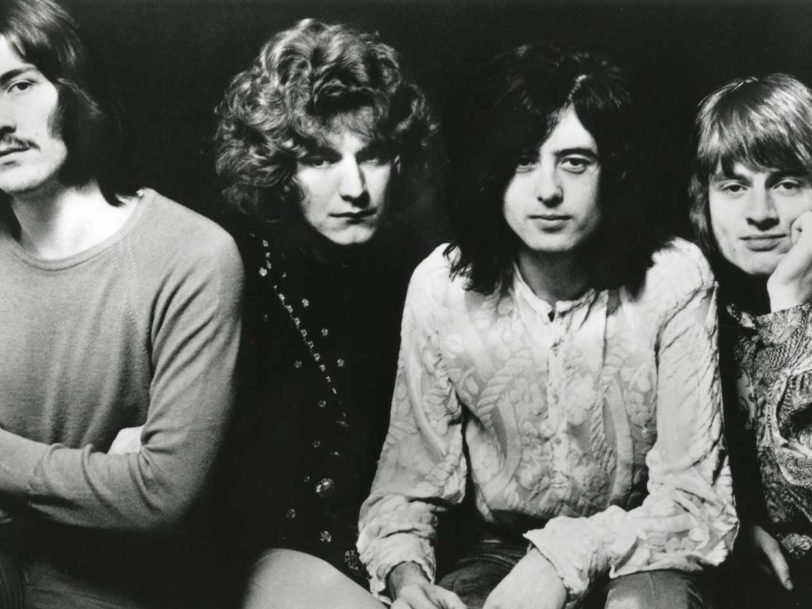Arguably the world’s biggest rock band during the 70s, Led Zeppelin didn’t do anything by halves. Famous for their marathon live shows, the group more or less invented stadium rock, and while tales of their hedonistic excesses are legion, that shouldn’t overshadow the fact that the best Led Zeppelin songs redefined the very notion of rock’n’roll.
The punks may have tried to bury bands like Led Zeppelin in the late 70s, but their DNA is easily detectable in younger rock acts such as Wolfmother, Kings Of Leon and Greta Van Fleet. Though widely lauded as progenitors of heavy metal, the group absorbed everything from blues and folk to funk and some of the more exotic strands of what would later be termed “world music” into their mighty sonic arsenal.
Our 20 best Led Zeppelin songs reveals exactly how that happened…
20: In The Evening
Led Zeppelin’s final studio album, In Through The Out Door, was less than well received in 1979. In retrospect, though, it was a diverse and forward-thinking record. While its obvious highlight is the dense, anthemic In The Evening, the heartfelt All My Love and daring, disco-prog epic Carouselambra are also contenders for placement among the best Led Zeppelin songs.




